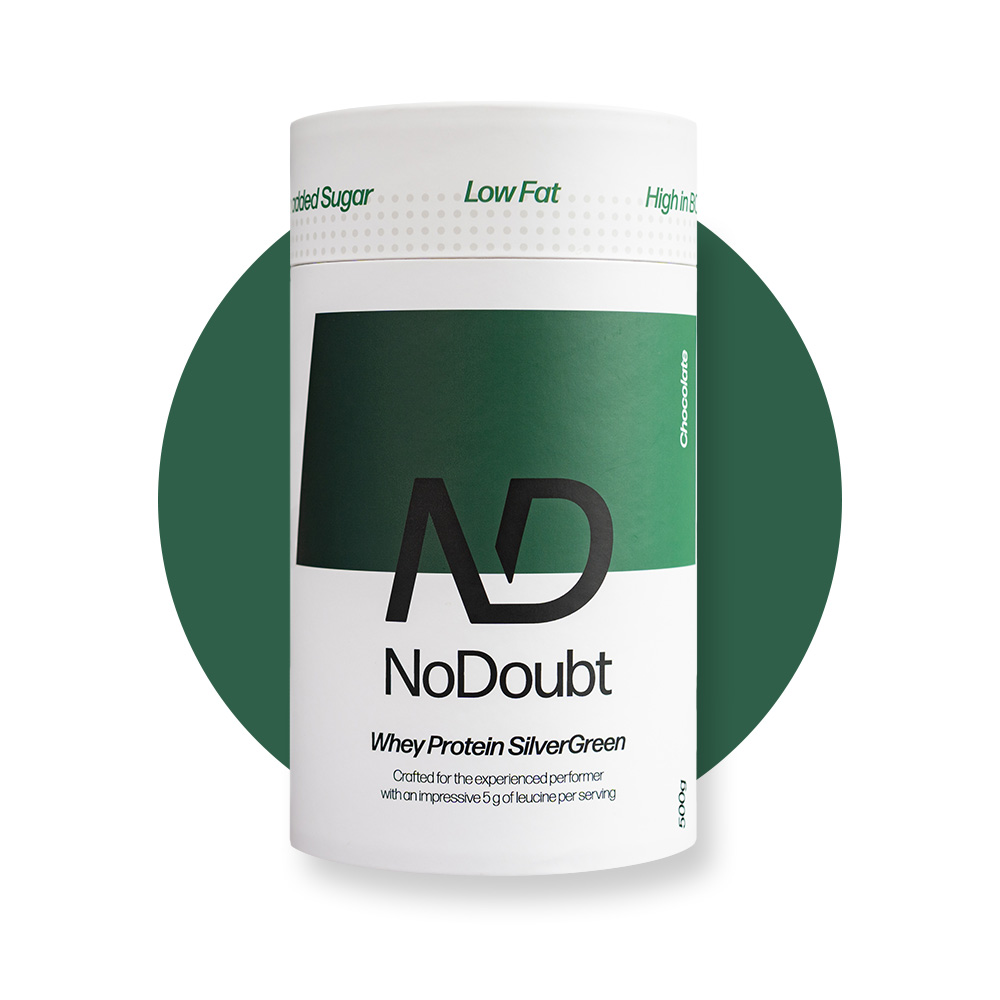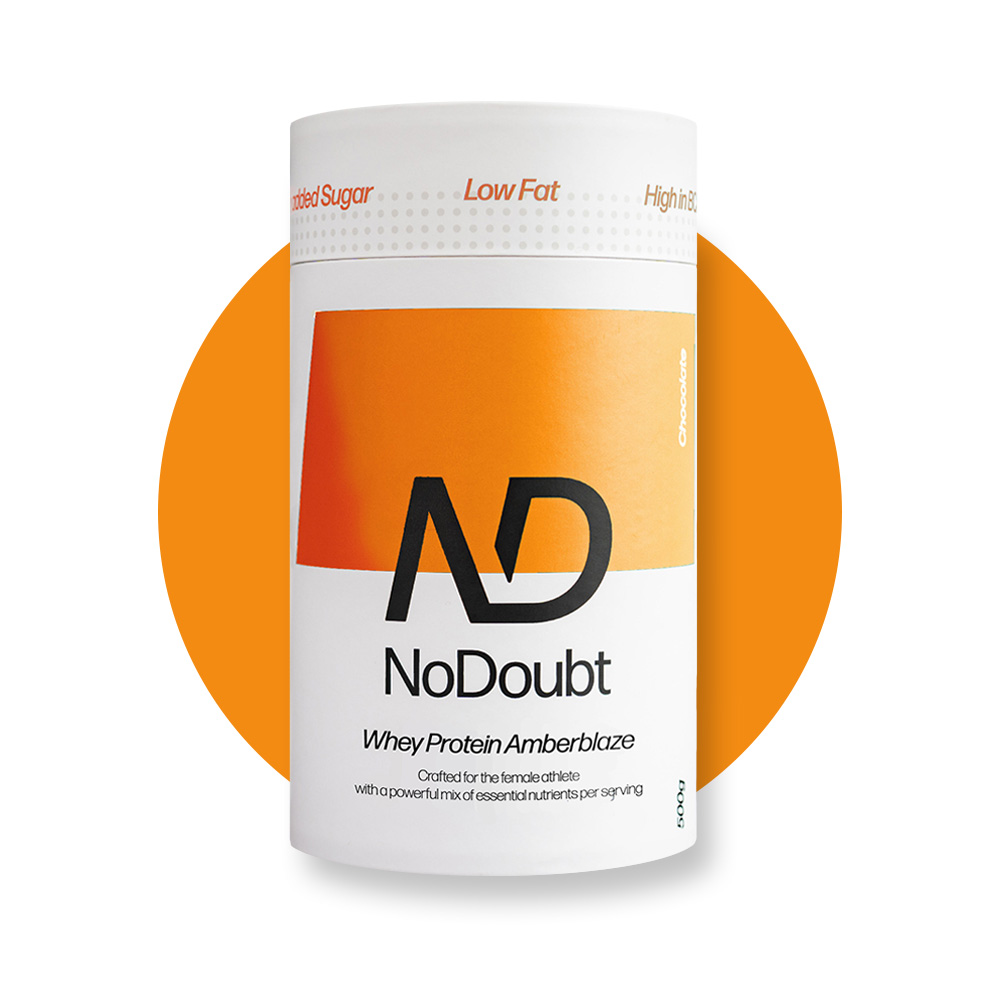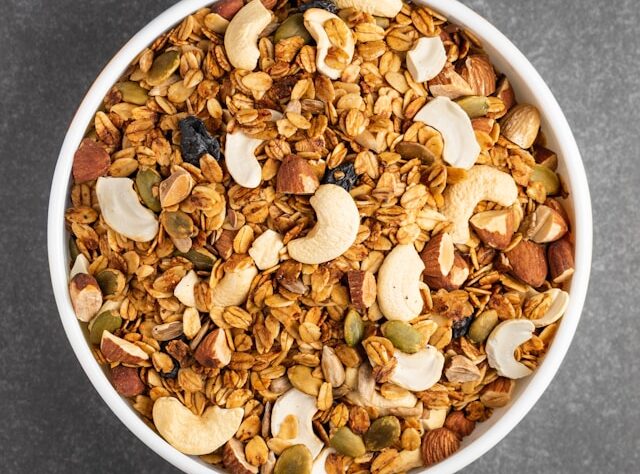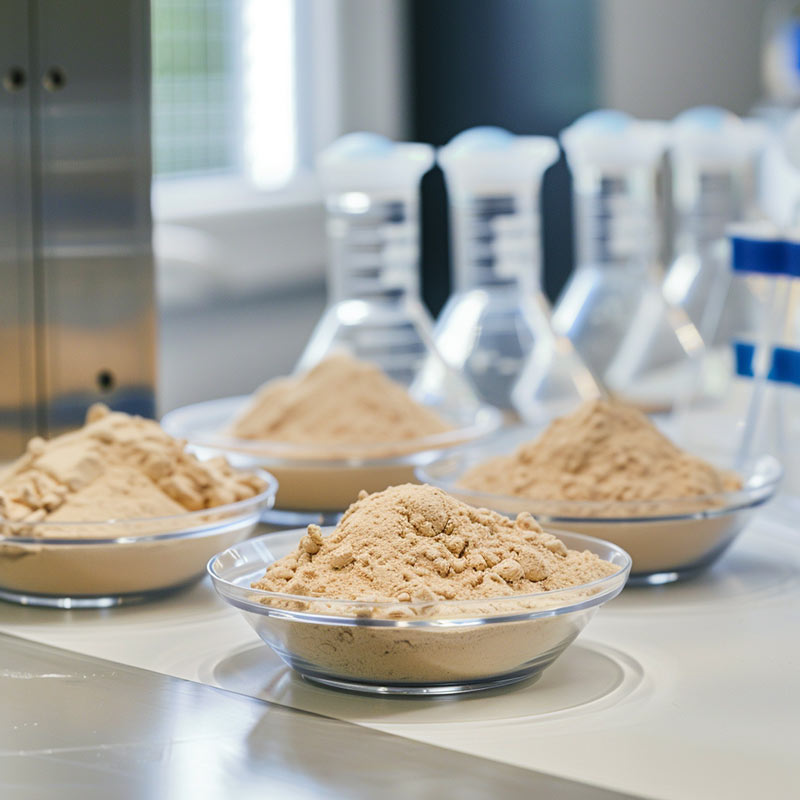Beta-Alanine – an underrated supplement for older athletes and masters competitors
Aging changes muscles and performance. Beta-alanine may help older athletes stay stronger and train harder.
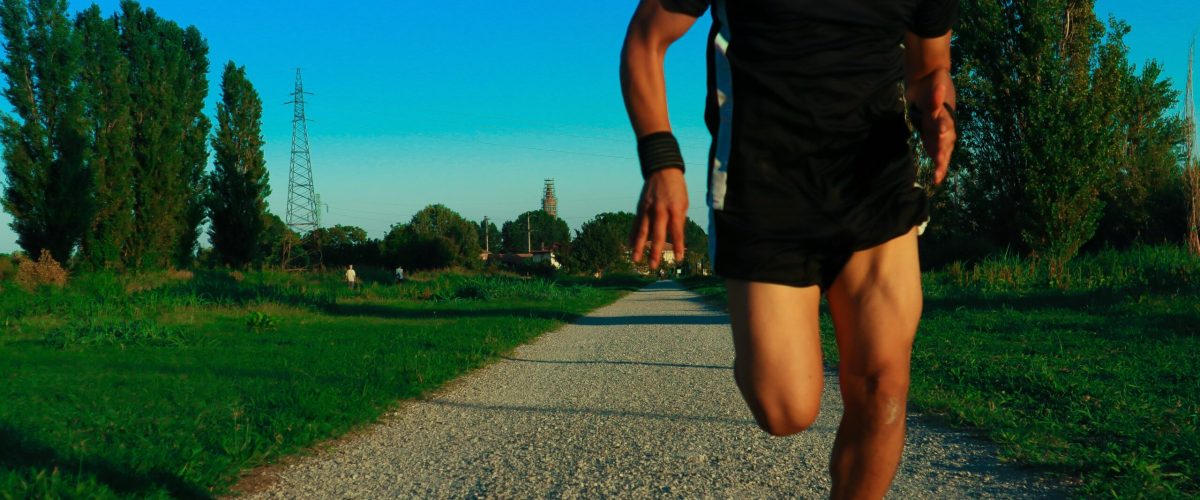
As we age, our bodies change in ways that affect how we train and compete. Muscles recover more slowly, strength and power decline, and intense efforts feel more demanding than they once did. For masters athletes in their forties, fifties or beyond, these changes can be discouraging. Yet there are strategies to help maintain performance and even unlock new potential. One supplement that is attracting growing attention is beta-alanine.
What is beta-alanine?
Beta-alanine is a naturally occurring amino acid. On its own, it does not have a major effect, but when combined with another amino acid, histidine, it forms carnosine. Carnosine is stored in muscle tissue, where it acts as a powerful buffer against acidity.
Anyone who has felt the burning in their legs during a sprint, a steep climb on the bike or the final push in an interval session has experienced muscle acidity. Higher levels of carnosine help delay this process, allowing athletes to sustain high-intensity performance for longer.
Why it matters more with age
Younger athletes tend to have naturally higher levels of carnosine, especially if they train regularly. With age, however, this buffering capacity declines. For older athletes, this means that fatigue can arrive earlier, even when fitness is good. Supplementing with beta-alanine increases carnosine in the muscles, helping to restore what time gradually reduces. In this way, it can support both training and competition for masters athletes.
Benefits of beta-alanine for older athletes
The main benefit of beta-alanine lies in short, intense efforts lasting one to five minutes. Sports such as rowing, middle-distance running, cycling sprints, tennis and CrossFit place heavy demands on muscle buffering capacity. In these moments, even a small delay in fatigue can make the difference between finishing strong and slowing down.
While research with younger athletes has produced mixed results, the potential advantages for older athletes may actually be greater, because they start with lower buffering capacity. This makes beta-alanine a particularly interesting option for masters athletes who continue to compete.
Possible side effects
The most common side effect of beta-alanine is a tingling or prickling sensation on the skin, known as paresthesia. It can feel unusual, but it is completely harmless and usually disappears within an hour. The effect can be reduced by splitting the daily intake into smaller servings or by using slow-release capsules. Beyond this, no long-term negative effects are known.
Recommended dosage for older athletes
The most effective daily intake appears to be around 6.4 grams of beta-alanine. Because the body can only absorb so much at once, this dose is usually divided into several smaller servings throughout the day, or taken in larger portions using slow-release capsules.
Unlike stimulants such as caffeine, beta-alanine does not provide an immediate boost. Instead, it builds up muscle carnosine gradually. Noticeable benefits usually appear after four to eight weeks of consistent supplementation. For athletes preparing for competition, it is important to start early, well before the season begins.
Who should consider beta-alanine?
Beta-alanine is most useful for older athletes who regularly take part in high-intensity sports or masters competitions. Recreational athletes focused mainly on health and wellbeing may not need it. However, for ambitious older athletes who already train consistently, eat well and prioritize recovery, beta-alanine can be the extra factor that helps them maintain an edge.
Conclusion
Beta-alanine is not a miracle supplement. It cannot replace training, nutrition or recovery. But it does strengthen the muscle’s buffering capacity and delay fatigue, two areas that become increasingly important with age.
For masters athletes who want to stay strong, competitive and confident, beta-alanine offers a safe and well-researched way to support performance against the natural challenges of aging muscles.
Further Reading
Reaburn, P.R.J. (Ed.). (2014). Nutrition and Performance in Masters Athletes. CRC Press, Taylor & Francis Group.
Protein for Active People over 40:
NoDoubt SilverGreen
From the age of 30, our body undergoes natural changes that affect our fitness and health. Muscle mass decreases, especially in the 40s, and muscle regeneration slows down considerably. This leads to a decline in your strength and performance.
Discover solutions that enable you to counteract muscle loss at an early stage and maximize your performance from the age of 40.
Proteins for Women Under 40:
NoDoubt AmberBlaze
Women have long been neglected in sports science. The female cycle was seen as a disruptive factor, which meant that recommendations were often based on male needs and ignored the specific requirements of women.
Discover solutions that tackle nutrient deficiencies from the ground up and maximize female performance.
